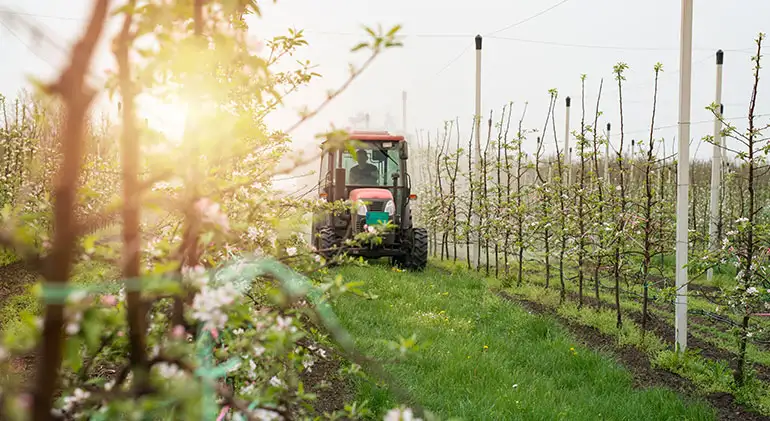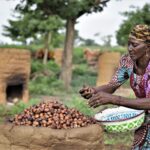As the cold air of winter descends, a quiet yet powerful transformation takes place in fields across the world—especially on organic farms. The winter wheat harvest is not just a testament to the resilience of crops but also a celebration of the hard work and dedication of farmers who embrace organic farming practices.
The Significance of Winter Wheat
Winter wheat is a variety of wheat that is planted in the fall and harvested in late spring or early summer. It is a staple crop, providing flour for bread, pasta, and other essential foods. For organic farmers, winter wheat holds particular importance as it aligns with their commitment to sustainable and environmentally friendly farming.
Organic Winter Wheat: A Labor of Love
Growing winter wheat organically is a labor-intensive process that requires careful planning and attention to detail. Organic farmers rely on crop rotation, cover cropping, and natural soil amendments to nurture their wheat crops. By avoiding synthetic pesticides and fertilizers, they ensure that the soil remains healthy and fertile for future generations.
The Harvest: A Time of Joy and Gratitude
The harvest season is a time of joy and gratitude for organic farmers. After months of tending to their fields, they gather to reap the rewards of their hard work. The sight of golden wheat swaying in the breeze, ready to be harvested, is a beautiful reminder of the connection between nature and human effort.
For many organic farmers, the harvest is also a communal event. Friends, family, and neighbors often come together to help gather the wheat, turning the work into a celebration. There is something uniquely satisfying about harvesting a crop that has been grown with care and respect for the environment.
The Moment of Gathering: A Symbol of Sustainability
The moment when the wheat is gathered is symbolic of the sustainable practices that organic farming embodies. Each grain of wheat represents the farmer’s commitment to producing food that is not only nutritious but also kind to the earth. The harvest is a culmination of practices that have minimized environmental impact, promoted biodiversity, and preserved the natural ecosystem.
Winter Wheat and Organic Farming’s Future
As the demand for organic products continues to grow, winter wheat will remain a cornerstone of organic farming. Its resilience and versatility make it an ideal crop for organic farmers who are dedicated to sustainability. The winter wheat harvest is a reminder that with care, patience, and dedication, we can grow food that nourishes both people and the planet.
Conclusion: Savoring the Harvest
The winter wheat harvest is more than just a time to gather crops; it’s a moment to reflect on the beauty and bounty of organic farming. As we celebrate the fruits of this labor, we are reminded of the importance of sustainable practices and the joy that comes from working in harmony with nature.





